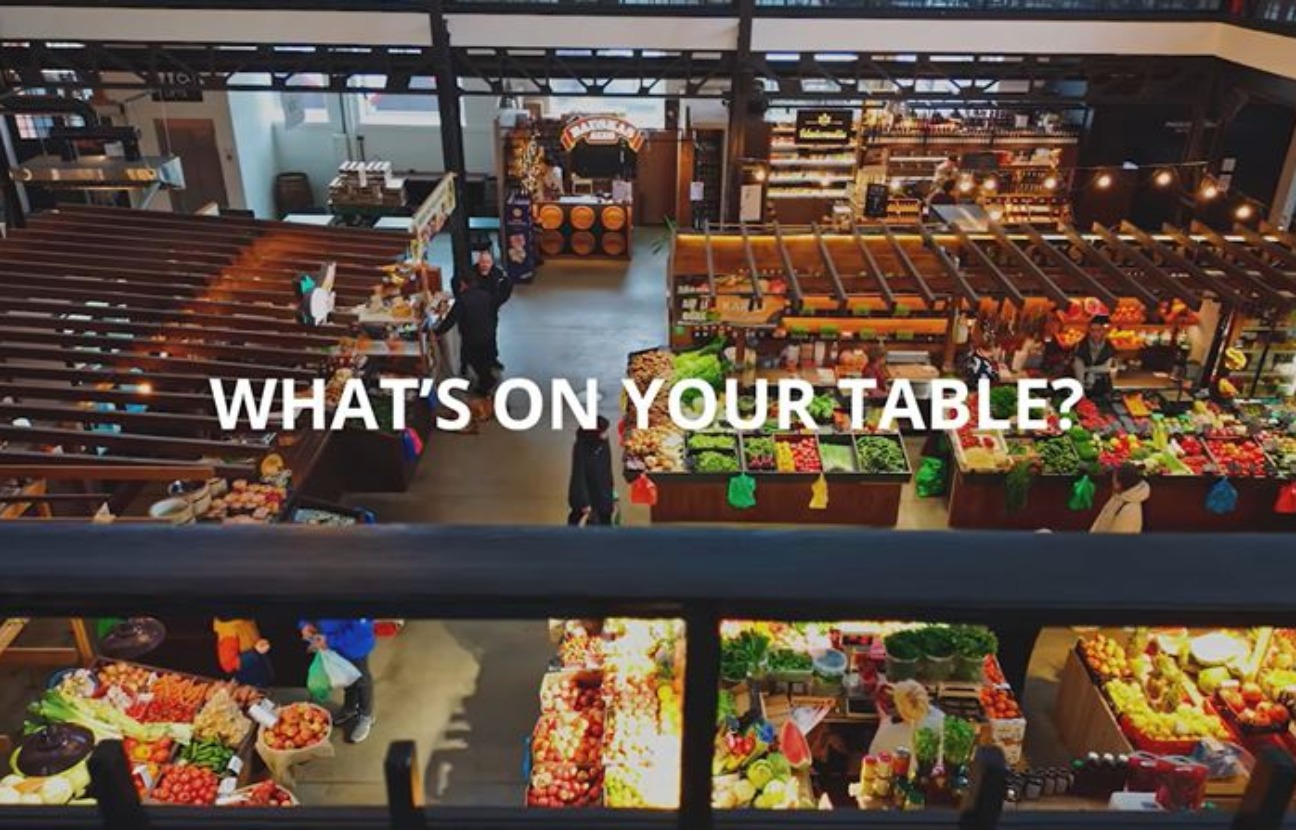Is Your Food A Health Hazard?

When most people think of counterfeit goods, luxury handbags, watches or sneakers come to mind. But an alarming trend is hiding in plain sight — and on our plates. The European Union Intellectual Property Office (EUIPO) has launched a new awareness campaign to shine a light on the rising problem of counterfeit food and beverages in the EU.
The campaign, titled #WhatsOnYourTableEU, is rolling out across all 27 EU Member States with one central message: food fraud is real, it’s dangerous, and it’s growing.
A Dangerous Imitation
While fakes in fashion may hurt brands, counterfeit food and drink can be lethal. Illicit products often contain harmful or toxic substances. Authorities in Europe have intercepted counterfeit alcoholic beverages tainted with methanol, a substance that can cause blindness or death. Other dangerous ingredients found in fake food include mercury and illegal insecticides.
The most frequently counterfeited food products include cookies, pasta, crisps, sweets, wines and spirits. In fact, in 2020, these products represented the second-most seized category at EU borders.
Counterfeit alcohol in particular is a well-documented public health issue. In several past cases across Europe, illicit vodka and whiskey have led to hospitalizations and fatalities, underscoring the importance of traceability and regulation in the food chain.
The Cost to Business and Jobs
Counterfeit food and beverages do more than endanger health — they undermine consumer trust and damage legitimate businesses. According to EUIPO estimates, the food and beverage sector loses approximately €2.29 billion in sales annually across the EU due to counterfeit goods. The knock-on effect: nearly 5,700 jobs lost each year.
Even countries less affected by counterfeiting are not immune. In Finland, for example, the situation is considered relatively stable, but still results in €10 million in annual losses for legitimate producers.
This economic impact is particularly harmful to small and medium-sized enterprises (SMEs), artisanal producers, and regional food businesses who rely on protected designation of origin (PDO) or quality certifications to uphold their value.
The EU’s Fight Against Food Fraud
The European Union has long taken a strong stance on food integrity and consumer protection. Through agencies like the EUIPO and the European Food Safety Authority (EFSA), and coordinated action with customs authorities, the EU is building frameworks to detect, prevent, and penalize food fraud.
One powerful tool is the anti-counterfeiting and anti-piracy technology guide released by EUIPO, which offers companies insights into authentication technologies and supply chain traceability solutions. These tools help businesses — especially in the food and beverage sector — to safeguard their products against tampering and imitation.
According to João Negrão, Executive Director of EUIPO:
“Counterfeit food and beverages are a major public health concern. Our campaign aims to equip consumers with the knowledge to protect themselves while supporting legitimate businesses that uphold EU quality standards. This is a battle we must fight together: authorities, producers and consumers alike.”
Empowering Consumers and Businesses
Consumer awareness is a vital part of this equation. By learning to recognize legitimate certifications, understanding the risks of buying from unverified sources, and reporting suspicious products, consumers can help stop the spread of counterfeit goods.
At the same time, businesses — especially exporters — must invest in brand protection, secure labeling, and supply chain transparency to ensure product authenticity from factory to shelf.
The EU’s campaign marks an important step in protecting both public health and Europe’s culinary and economic heritage. Because what’s on your table should never be a health hazard in disguise.